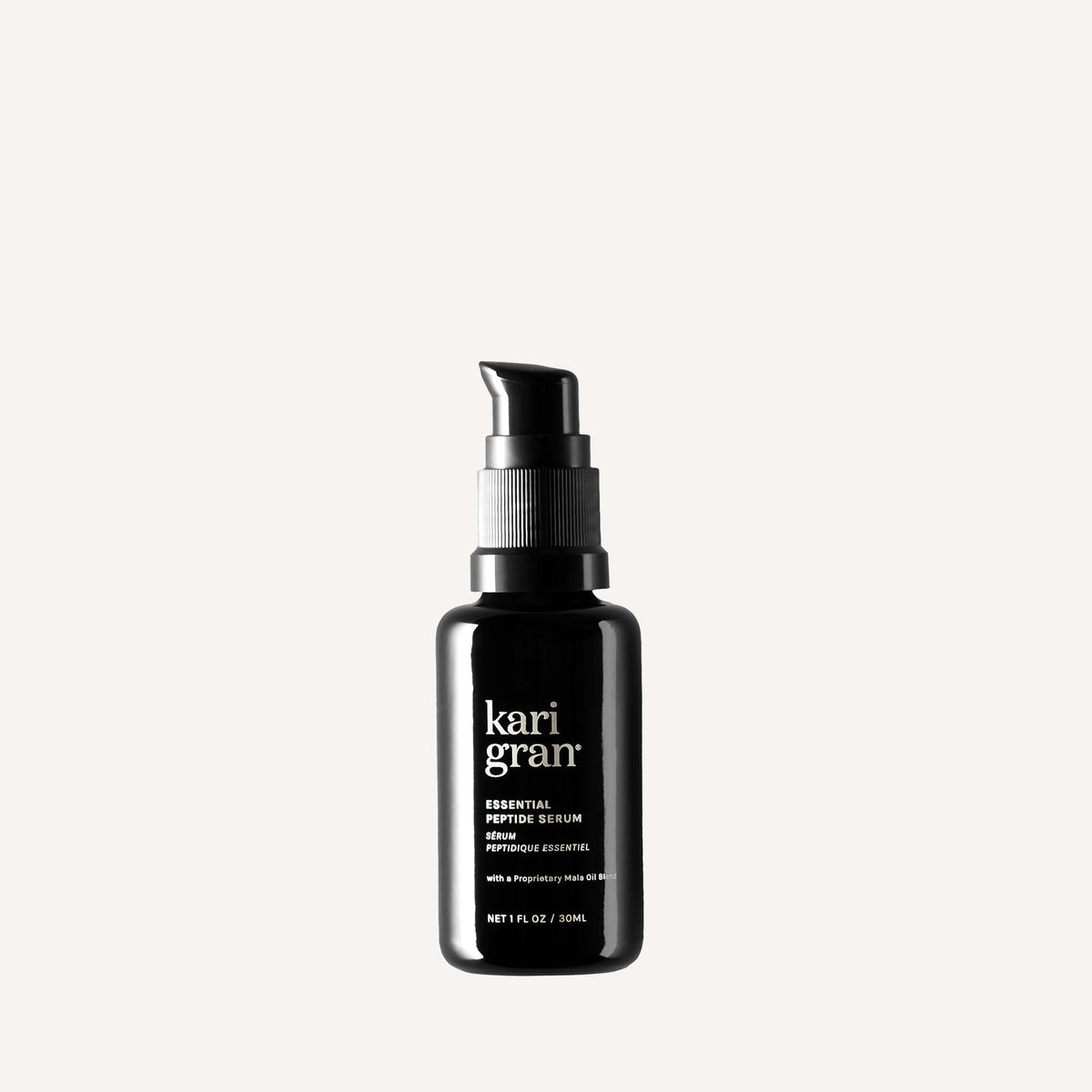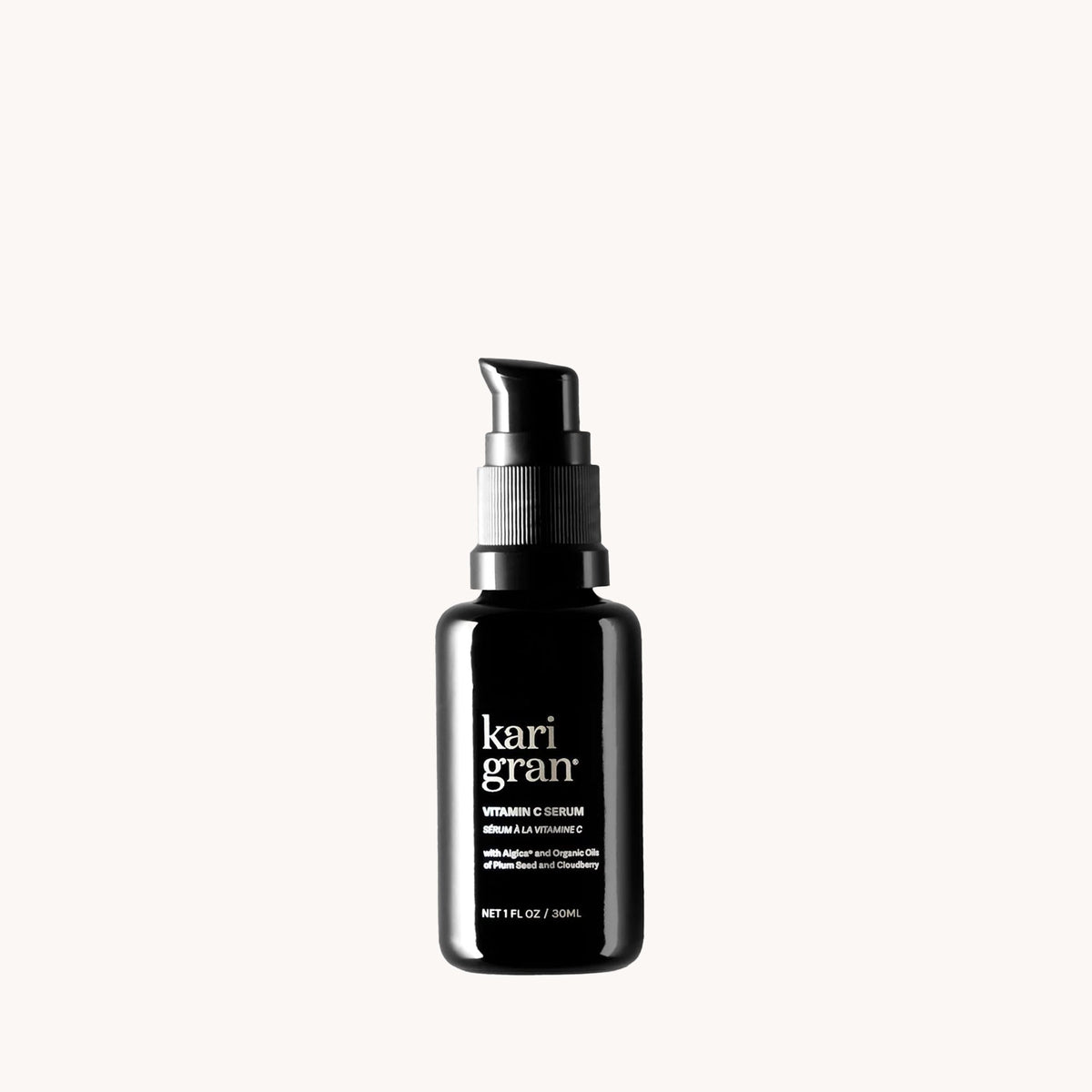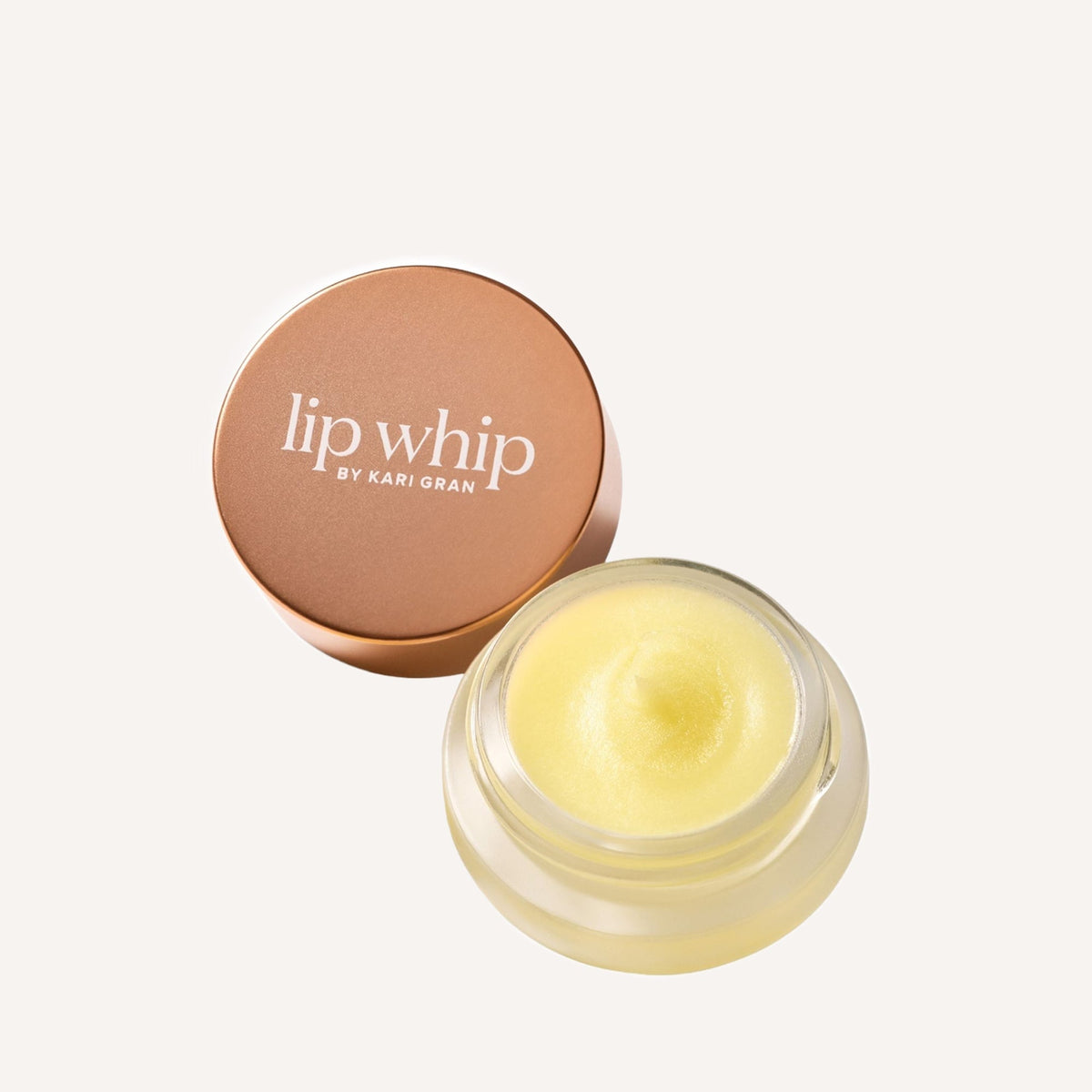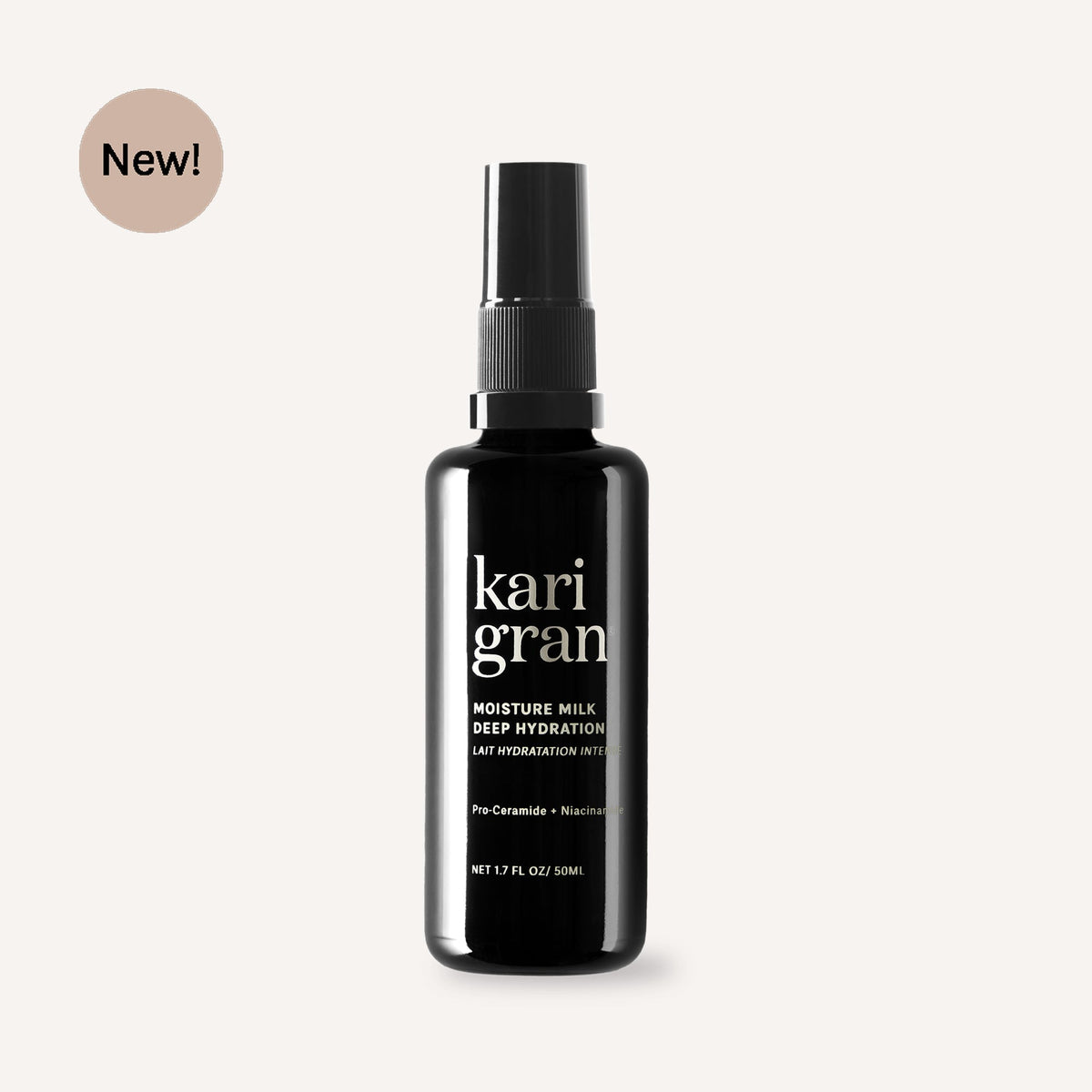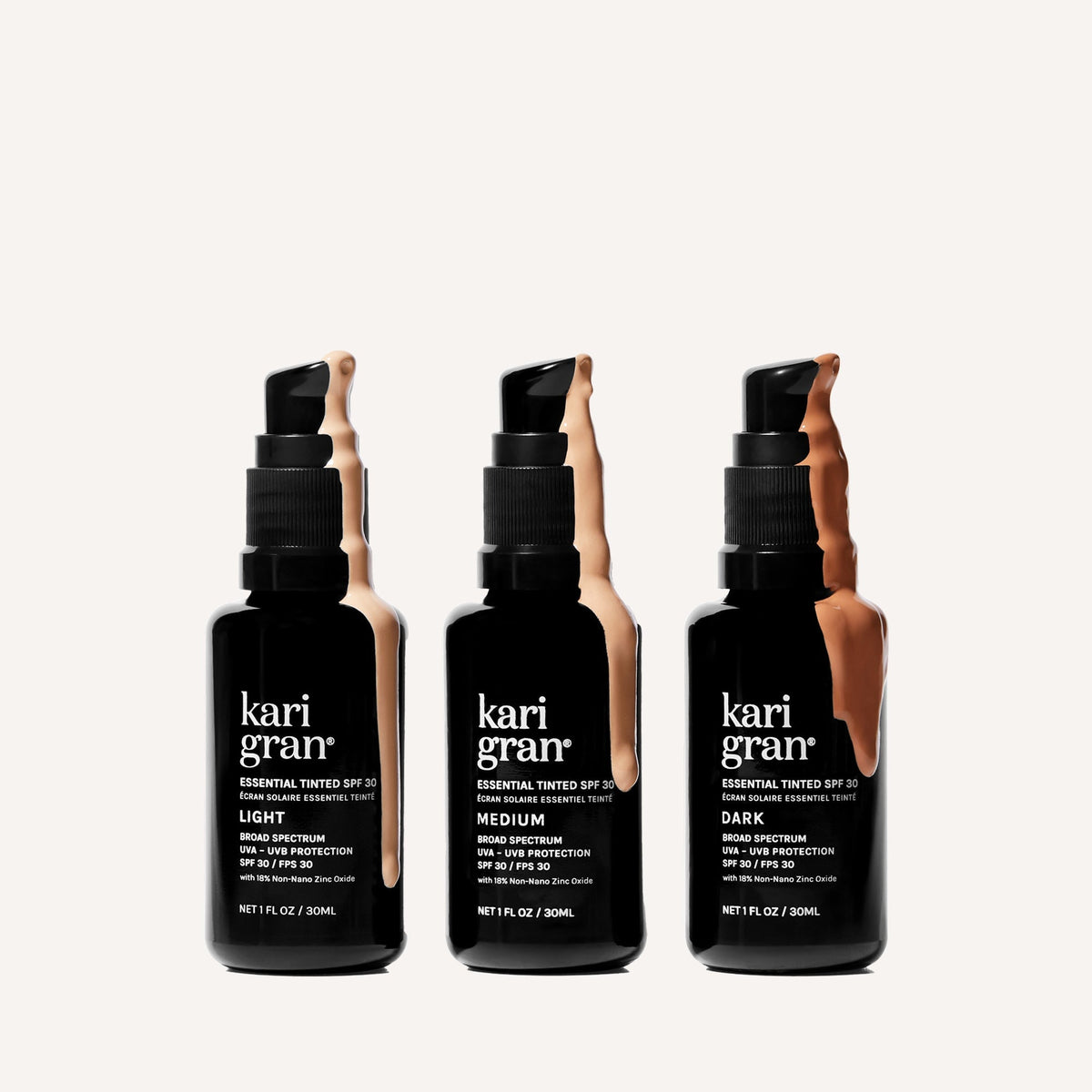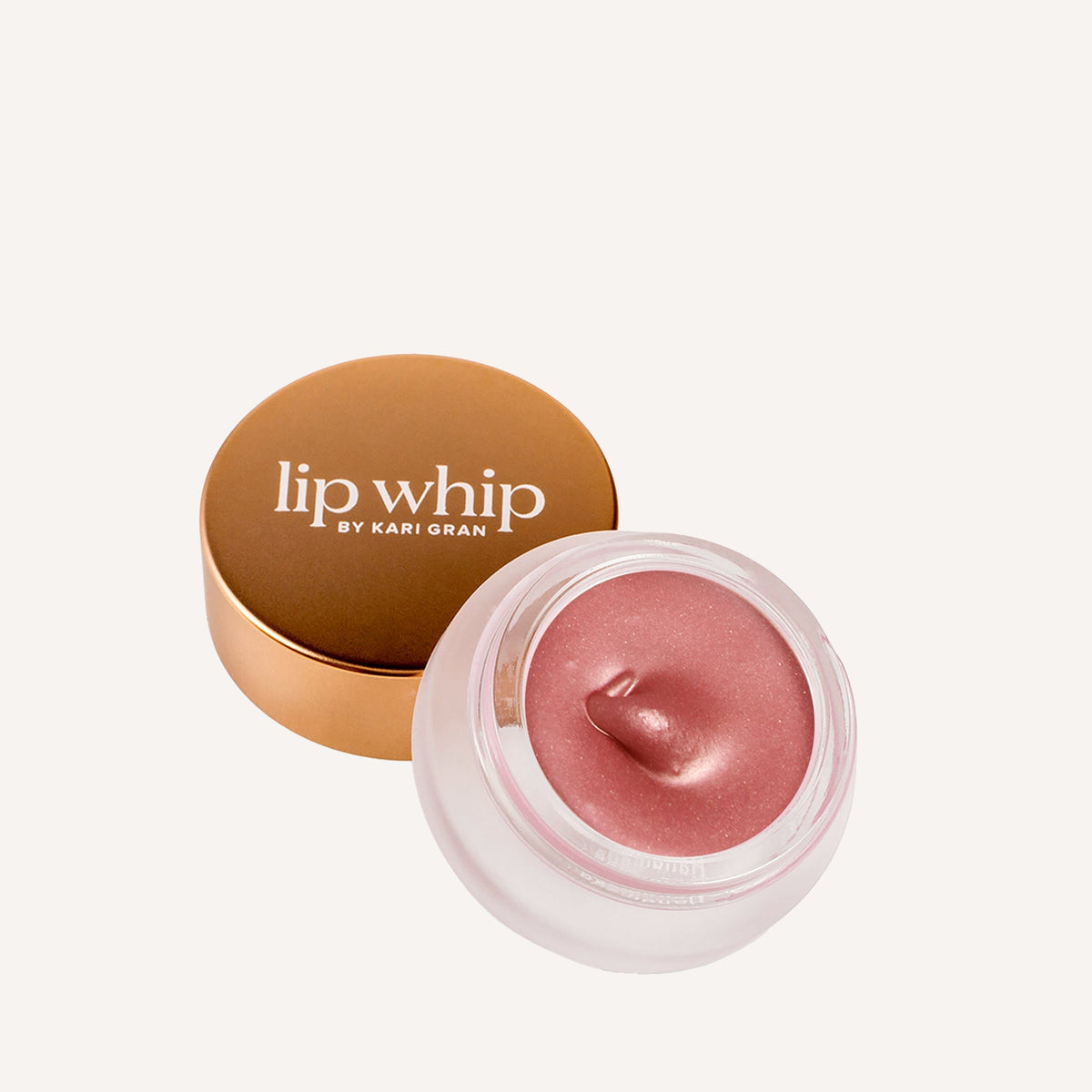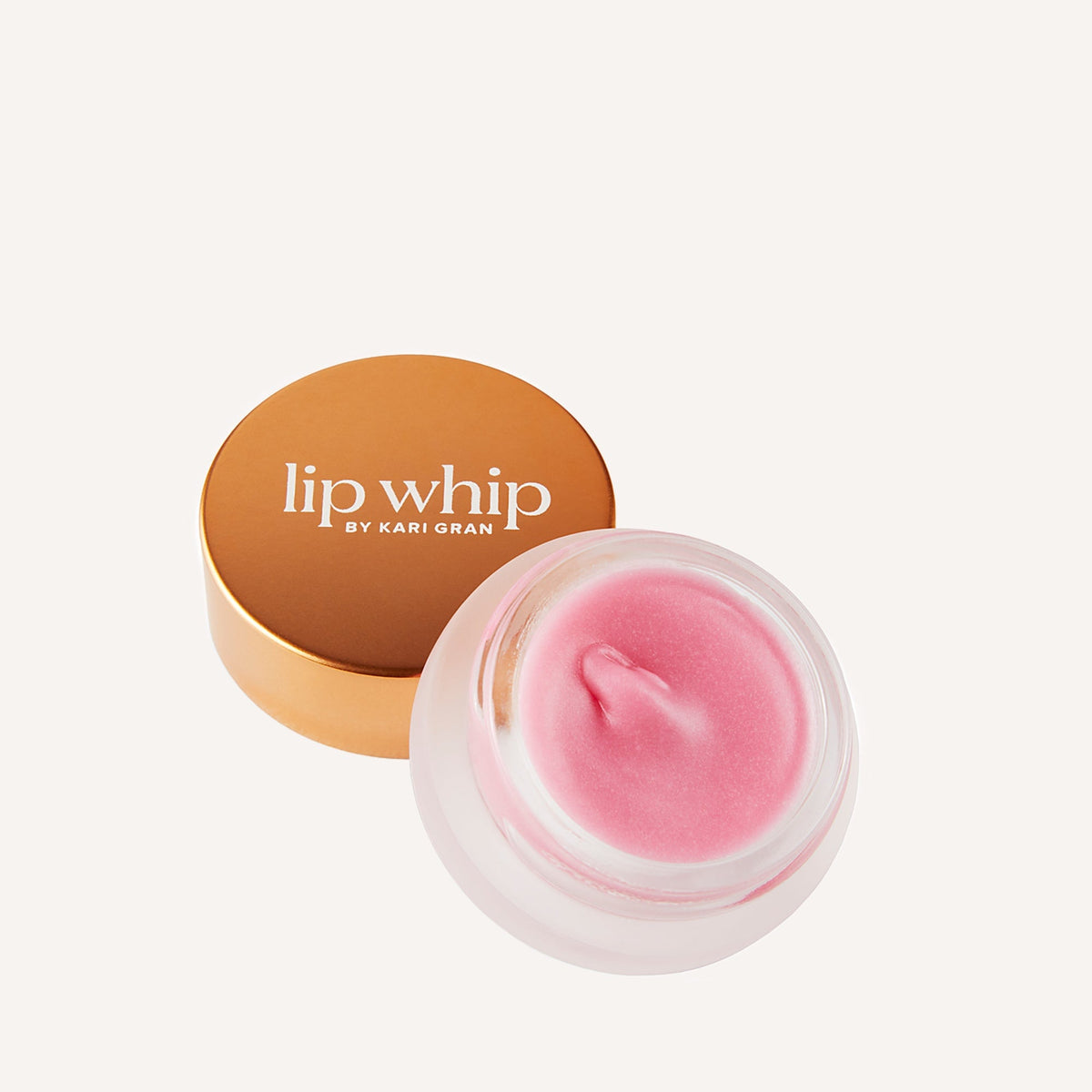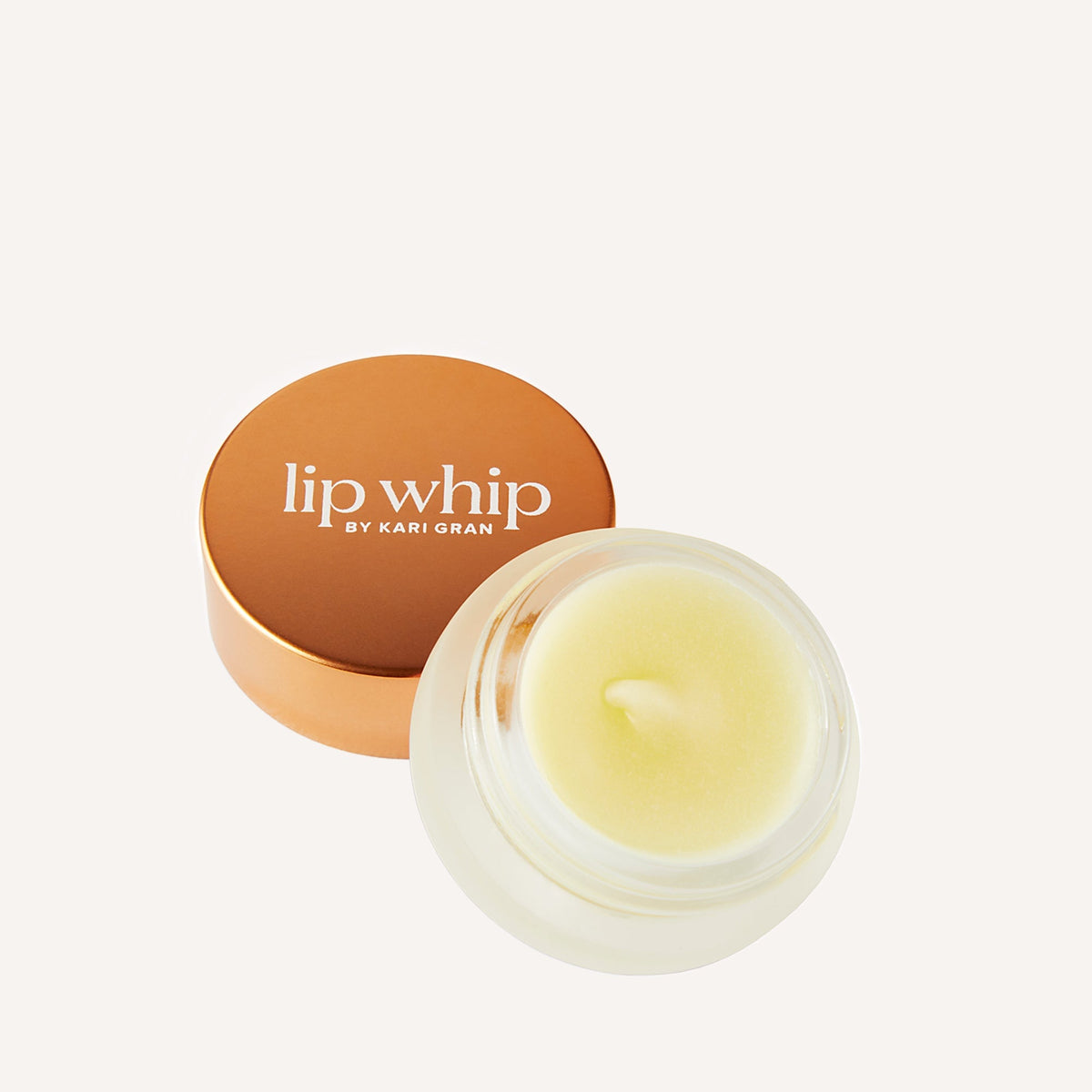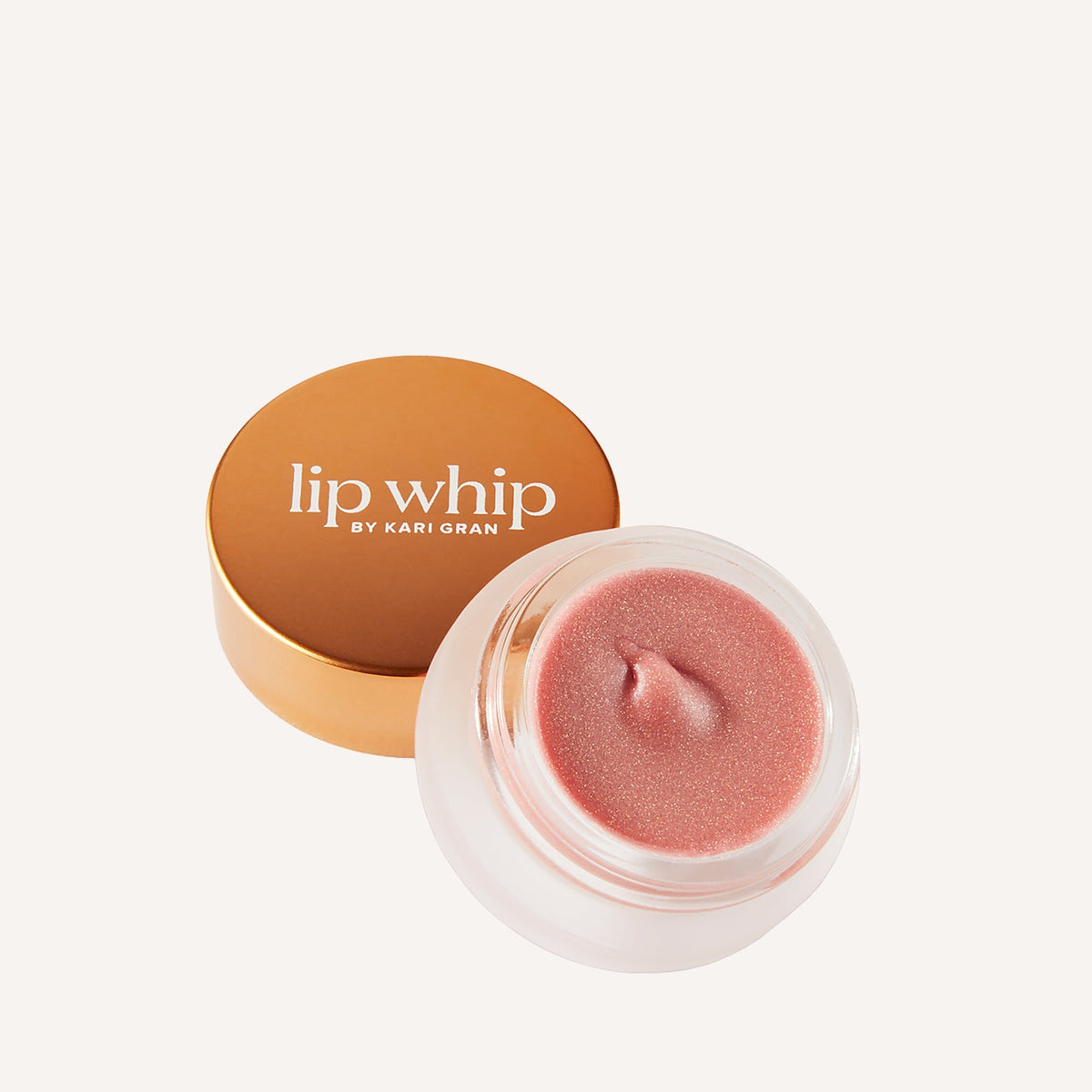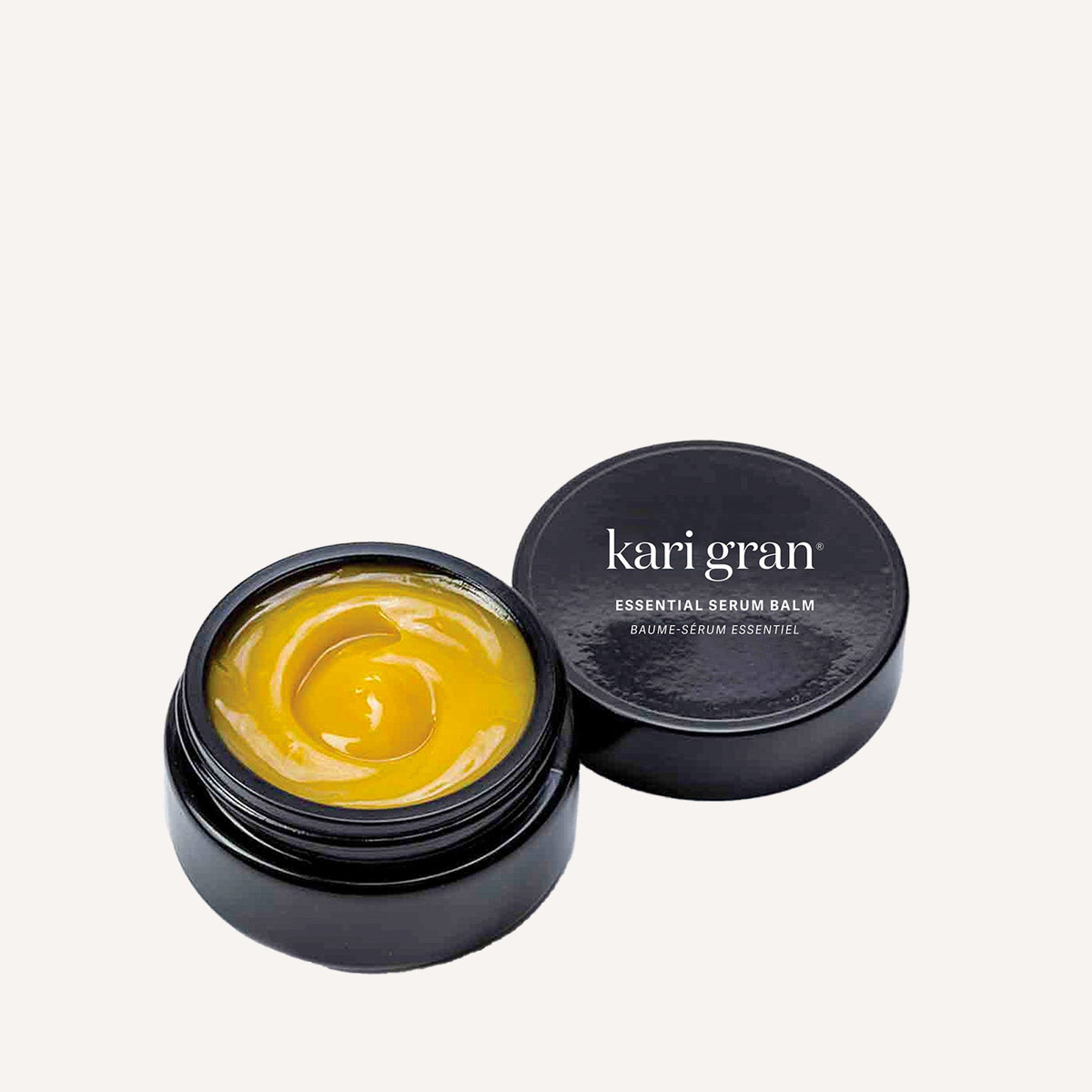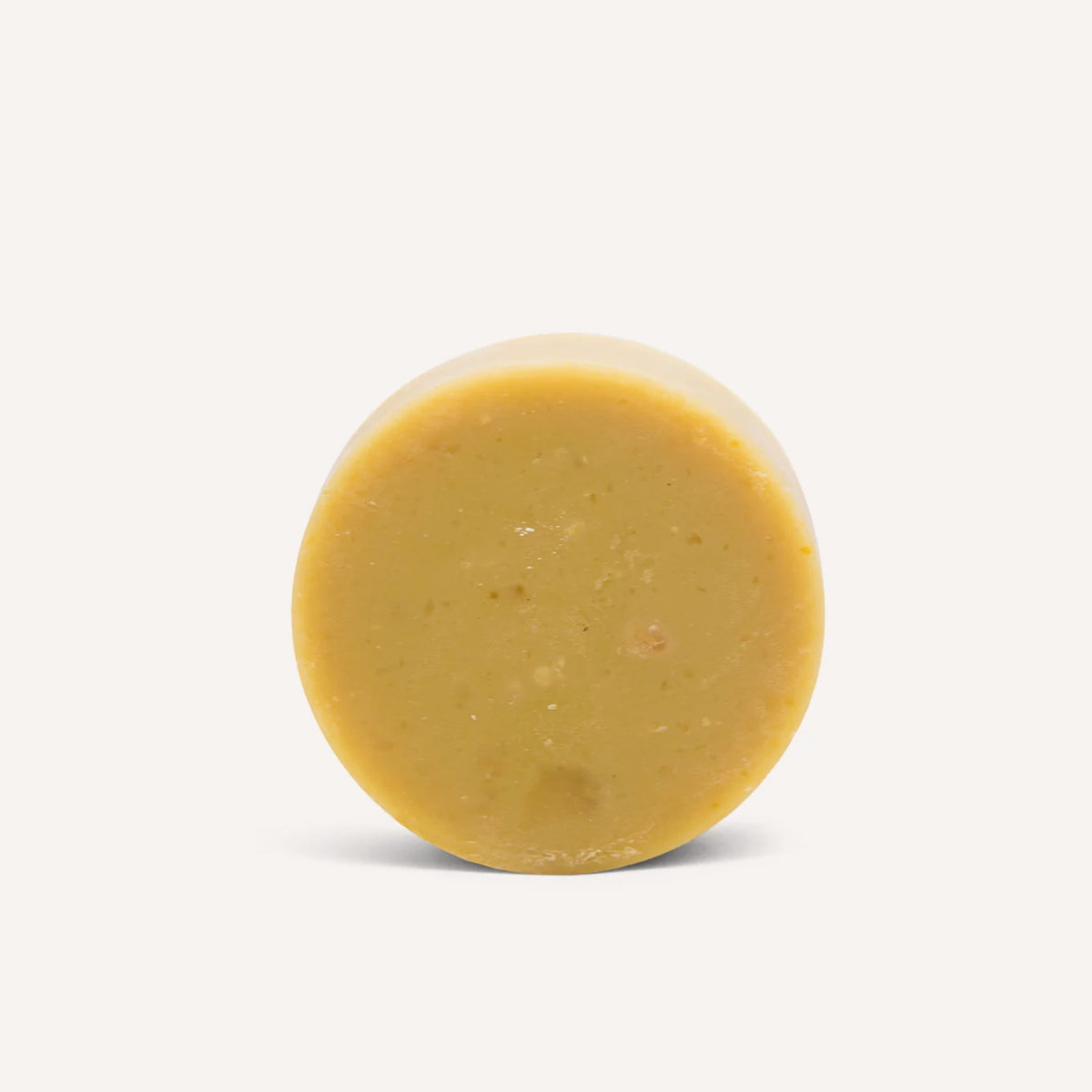Collagen Boosting Foods For Youthful Skin
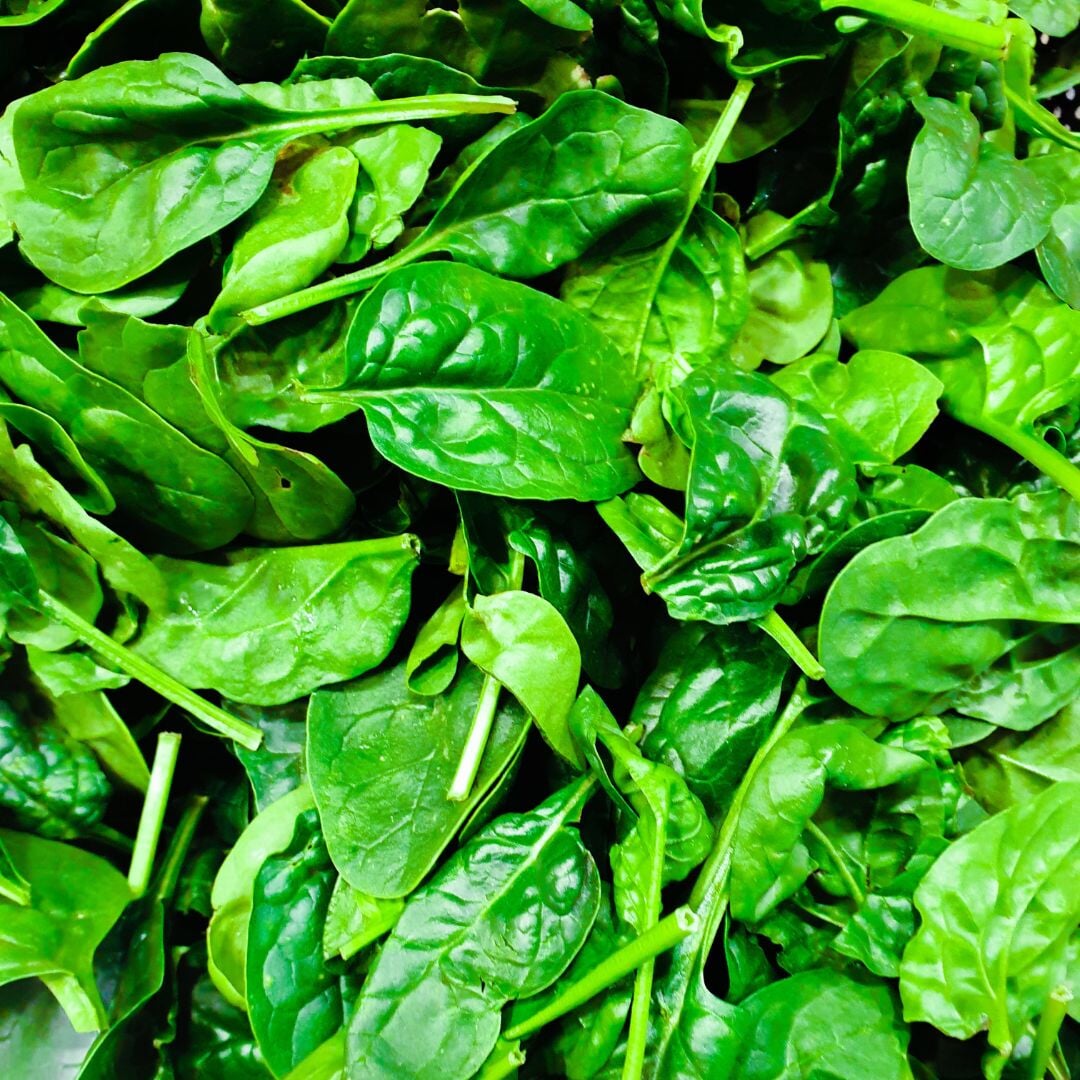
After a summer of sunshine and outdoor activities, many of my clients are concerned about damage to their skin. Many of us spend hundreds or even thousands of dollars on organic skincare products and treatments to reverse the signs of aging, but forget that our diet has a bigger impact than any of these things.
The number one contributor to great skin is collagen. Once we hit our 30s, our bodies begin producing less collagen, and that trend continues as we age. Collagen helps our skin look fuller, so when we produce less collagen, our skin loses that fullness and begins to look thin and/or more wrinkled. But what we eat can make a huge difference!
The Best Foods to Boost Your Body’s Production of Collagen
Omega-3 Fatty Acids: Omega-3 fatty acids help keep our skin cells healthy. That’s because healthy skin cells contain a protective, fatty membrane that helps promote plumper skin. Foods high in Omega-3s include flaxseed, chia seed, walnuts, hemp seeds, basil, oregano, and of course cold water fish. Wild cold water fish such as salmon, sardines and mackerel are also very high in Omega-3s, but I recommend limiting intake to 2-3 times a month to avoid excess exposure to toxic metals and radiation.
Fruits and veggies (water-based): In addition to containing high percentages of water, watermelon, cucumbers and celery also contain sulfur, a necessary mineral in order for our bodies to produce collagen. They also help you stay hydrated, which also adds to the suppleness of our skin.
Dark leafy greens: Dark green vegetables such as kale, Swiss chard, collards, and spinach contain vitamin C, which promotes collagen production. They also contain antioxidants, which help prevent collagen from breaking down. You can make a dark, leafy green salad, add cucumbers and celery, and top it off with salmon for a collagen-boosting meal. If you’re always rushing in the morning like I am, throw a handful or two of organic kale or spinach into a smoothie with some high quality protein for a nutrient-dense breakfast.
Berries: Yes, all of your favorite berries help fight free radicals and increase collagen production levels. Hello, blackberries, raspberries and blueberries! Berries are also low in sugar so you can enjoy them more often than most higher sugar fruits. But be sure to buy organic since non-organic berries are heavily sprayed with pesticides.
Red and orange vegetables: Yes, color does matter! Red veggies (such as tomatoes, red peppers and beets) contain lycopene, a natural antioxidant. Experts also believe that lycopene protects the skin from sun damage, so it’s like getting a two-fer: fighting free radicals and the enzymes that break down collagen, while boosting collagen levels! And don’t forget about the orange vegetables, too! Carrots, yams, sweet potatoes, butternut squash, all are high in vitamin A, a natural restorative vitamin that helps reverse damaged skin and regenerates collagen. Fall is the perfect season for roasting these veggies!
Garlic: Garlic is a well-known longevity food for many reasons! When it comes to collagen, garlic is one of the best sources of sulfur (and you may remember from an earlier bullet, our body needs sulfur to produce collagen). Garlic also contains taurine, which help builds damaged collagen fibers.
Bone Broth: There are so many benefits you can reap from drinking collagen-rich homemade bone broth daily.
Collagen powder: Many people know that using high quality powdered collagen is a great way to promote beautiful skin, hair and nails. But did you know that its is also great for gut health, stronger bones and joints, and healthy brain function? It can also help reduce the appearance of cellulite, and I don’t know about you, but that’s a major seeing point for me! I add 2 Tbsp to my morning smoothie and/or mix it into some soup or broth later in the day.
Egg whites: Egg whites contain collagen and are also high in lysine and proline, which both support your body’s collagen production. Always buy eggs from pasture-raised chickens that graze outside on their natural food sources.
If you don’t eat eggs: Eggs are a common food sensitivity so nuts are a great alternative since they also contain lysine. The highest source is macadamia nuts, but walnuts and almonds are also good choices.
White tea: Research shows that white tea protects the structure of collagen, and stops the enzymes that break down collagen. Brew white tea as you would any other tea, and you can drink it warm or iced. Forgo the sugar or honey, however, as sugar not only breaks down collagen, but it adds to other age-related symptoms such as achy joints and weight gain.

Jeannie Oliver is a certified Holistic Nutrition and Wellness Coach, Fitness Nutrition Specialist, Personal Trainer and classically trained chef. She develops individualized strategies for her clients, empowering them to reshape their relationship with food, feel great about their bodies and transform their lives – deliciously!

